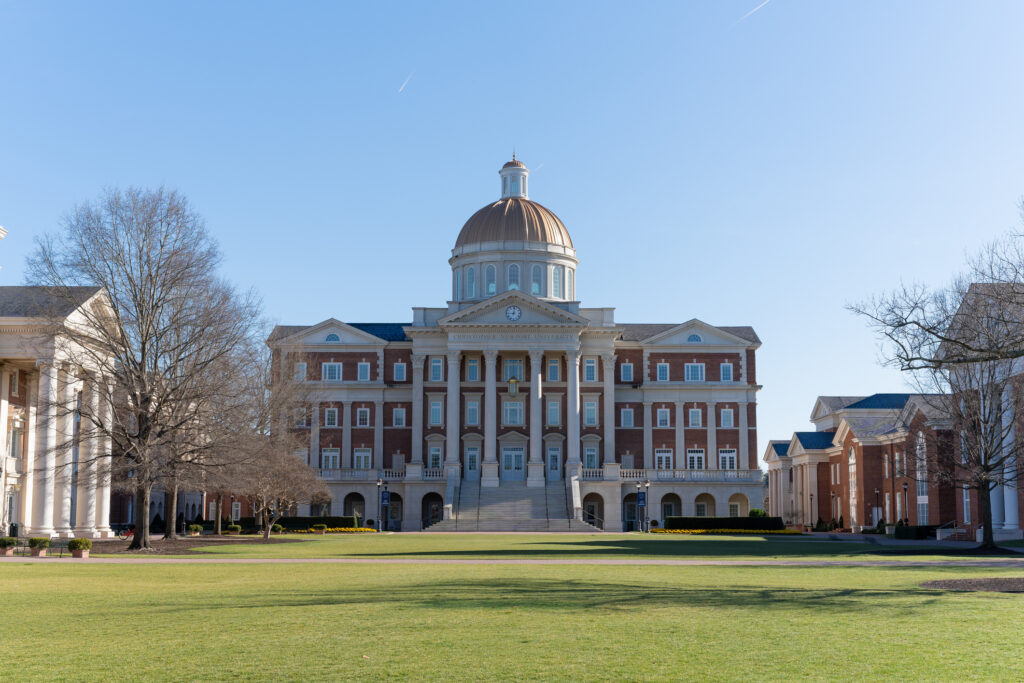People often seem upset that many teachers are not interested in the measurement of teacher performance in public schools. If these people had experienced living in more advanced socialist or fascist (national socialist) countries, they would find it easier to understand this reluctance. I lived in one of such countries, the Union of Soviet Socialist Republics (USSR), during my first twenty years. Surprisingly, the current business model of U.S. public schools, including universities, is very similar to the overall business model of the USSR—socialism.
Unfortunately, when government administrators or employee committees make decisions in state institutions, the institutions deteriorate, and dishonesty, which allows employees to cooperate with corrupt administrators, becomes the most highly rewarded trait. The lack of experience and poor abilities for critical thinking are also appreciated in such institutions as some people cooperate with corrupt administrators because they do not understand the consequences of their actions and trust the “experts.” To the extent that teachers do not want to be rewarded for such characteristics when they resist socialist performance measurements, they cannot be blamed.
The disfunction of the modern U.S. education system has not reached the level of the USSR yet, but it is speedily heading in that direction. Thus, the deteriorating results in even basic student abilities like reading or math are not surprising.
When administrators and employee committees choose for which goals they are rewarded, as it is done in state educational institutions, they often choose counterproductive goals to pursue, as these goals are easy to achieve. Some examples of such goals are faster graduation and higher retention rates. At least in the short run, both can be speedily improved by reducing the requirements and letting most or all students pass classes regardless of their performance, as failing classes increases the time to graduation and motivates some students to drop out. State interference by providing financing based on the number of students also encourages schools to pursue the retention of students.
Even the measurement of student performance, while valuable for the demonstration of the failure of the educational system, does not work well for measuring performance of individual teachers in state institutions. Administrators have ways of manipulating which students go to which classes, even without directly assigning students to specific classes. With the same quality of teaching, students with less ability or interest in learning show worse results in tests of student performance. I learned about some techniques for assigning the weakest students to specific classes or sections of classes at Illinois State University (ISU) where I currently work. By typical rankings, ISU is better than an average U.S. university, and the methods I describe are not unique to this school.
In “Is American Education a Fraud?”, I noted some techniques that administrators use to cancel the sections of classes they want to eliminate without admitting their intent (e.g., choosing an inconvenient time for students who need to take that class, scheduling too many sections of the same class, providing incorrect information about the class that discourages students from taking the class, …). These techniques, when not carried to extremes, also work to put the weakest students in selected sections. Students with the worst grades register later, so they can register only for sections that are still available at the time. Recently, I also saw a head of the department adding a section of a class only after most students registered for other sections of the same class, again making the section available for the weakest students. It is very likely that this is not a complete list of the methods that administrators use to control which students take a particular class or a section of a class—administrators do not freely share this information.
School administrators use worse-than-average performance of students in sections with weaker students to pressure teachers to give more passing grades to students. Moreover, some teachers curve student grades, so the average grade would be about the same from one semester to another, compensating for accidentally harder or easier tests. Before I realized what administrators were doing, I did this myself when the number of students in a class was large, naively believing that students should be about the same in large classes, on average. Thus, concentrating poorly performing students in sections taught by one professor can improve the grades of the worst-performing students, making the strategy attractive to administrators and further reducing student motivation to learn.
A common way to improve student performance measures on tests in the USSR was letting students cheat during the tests. Student cheating on tests is increasing in the United States as administrators reward teachers for better student test results, encouraging teachers to allow cheating. That not only discourages students from learning but also destroys their moral values.
As long as incentives are distorted by government interference in education, there is no way to fix the problem. For example, adding the government-approved accreditation of universities did not improve their performance, but made university jobs more bureaucratic and less desirable to most honest people, further reducing the quality of education and increasing its costs. In state institutions, rewarding teachers for performance becomes rewarding teachers for cooperating with corrupt administrators.
The quality of modern education is so poor that most people do not even know that the current education system is not an American education system. It is the Prussian education system that was brought to United States during the second half of the 19th century. Through unfair competition created by government financing and regulations, the American education system, which relied on voluntary interactions between people, was almost eliminated.
I think that most people would be shocked if they learned the history of Prussia and its education system that we adopted. Prussia was either the most despotic or one of the most despotic countries in Europe. (For a very short introduction see “The Inherent Flaws of the Prussian Education System”, “What Has Happened to Our Great Universities?”, and “Why Are American Taxpayers Forced to Subsidize and Support the Prussian Education System?” For examples of other current problems in our education system, see “Education: Tenure and Labor Unions” and the articles you can access from there.)
Socialism and fascism (government running of industries and government control of industries) do not work to make industries prosper. There is no reason to expect that they can work better in education than in other industries. Moreover, despite claims to the contrary, public schooling is especially harmful to poorer people as they have fewer opportunities to escape it. If we really care about education, all government interference that favors the Prussian education system should be eliminated, so that alternative forms of education that people voluntarily choose can prosper.





